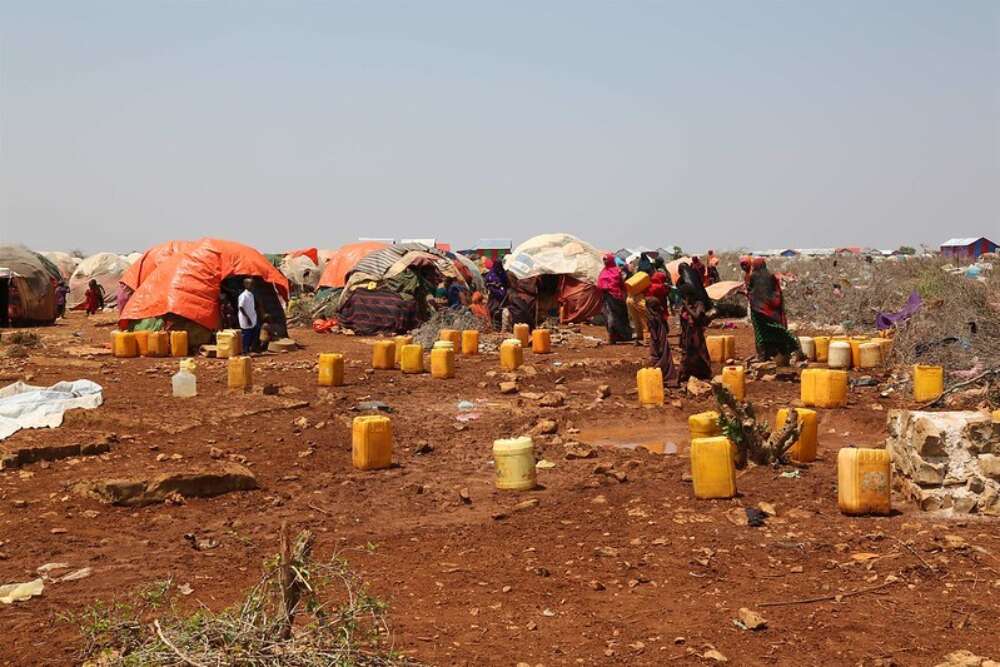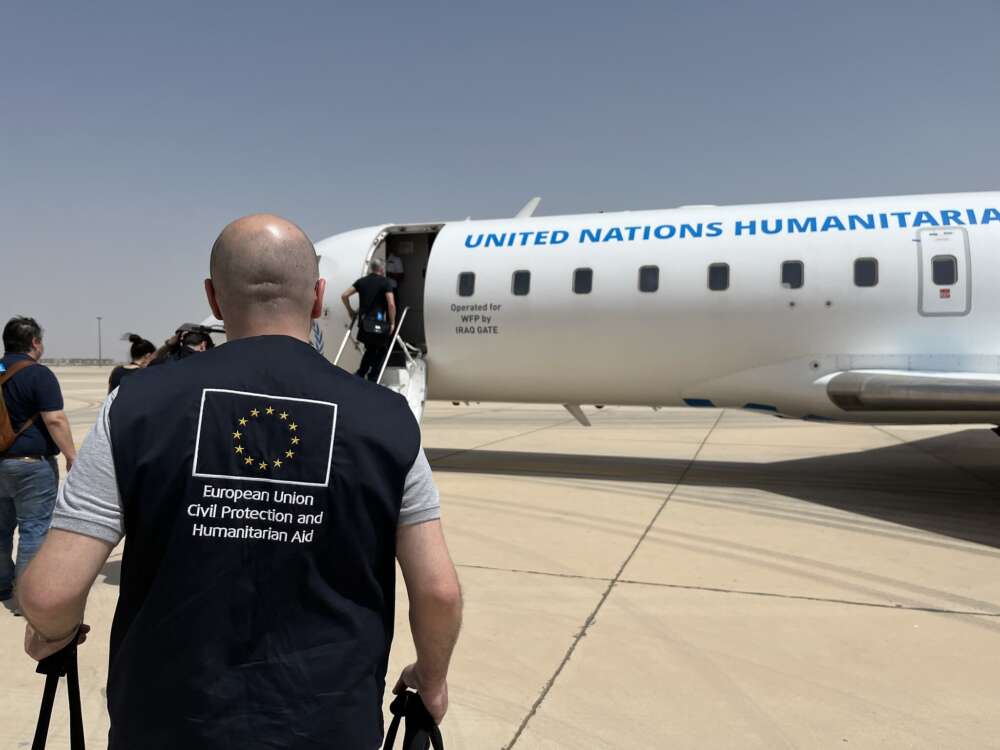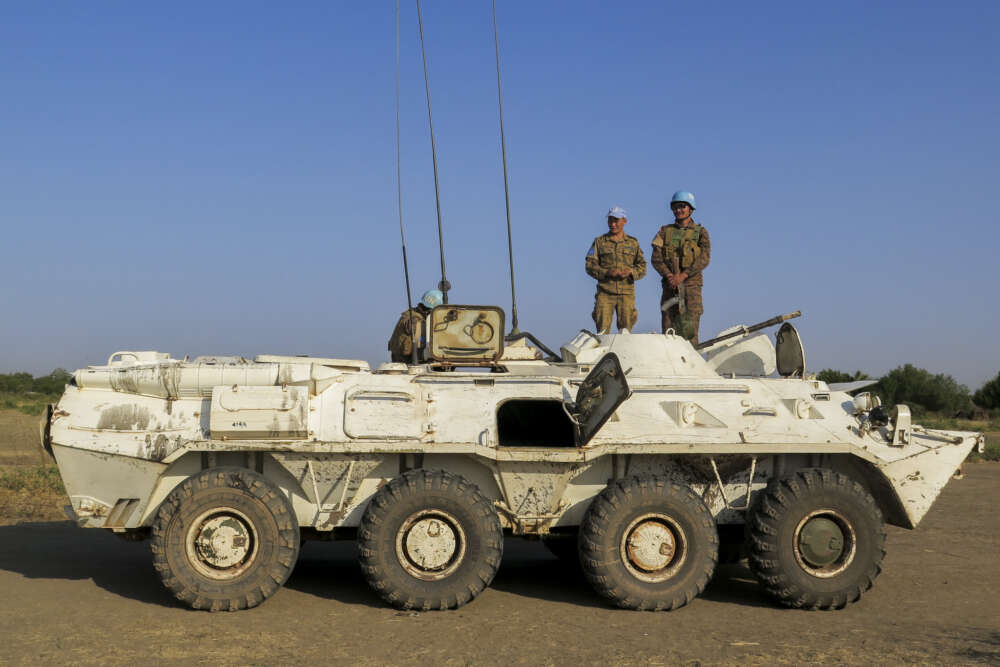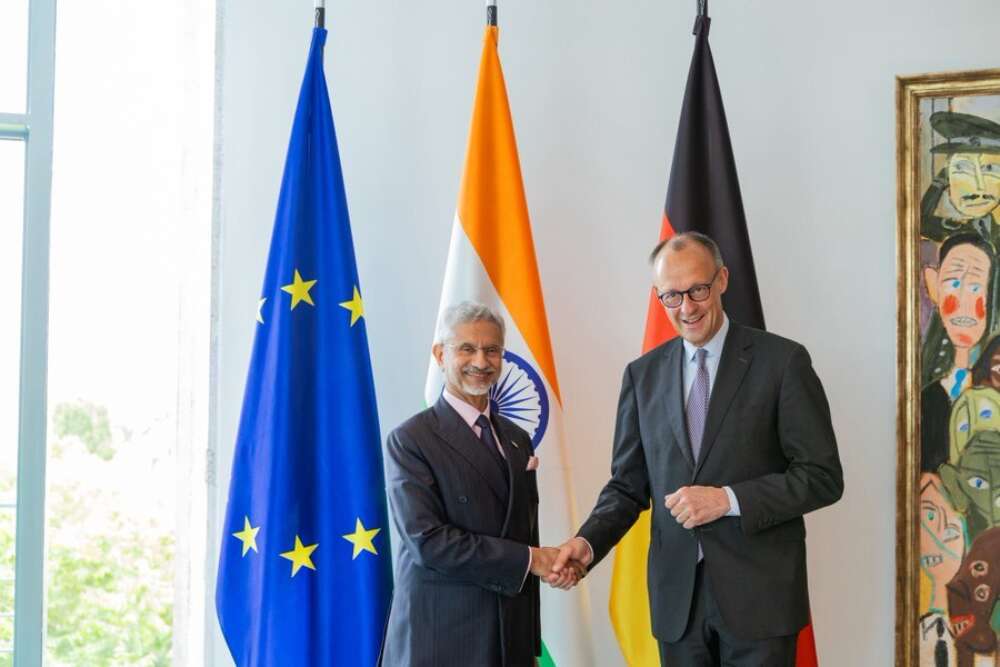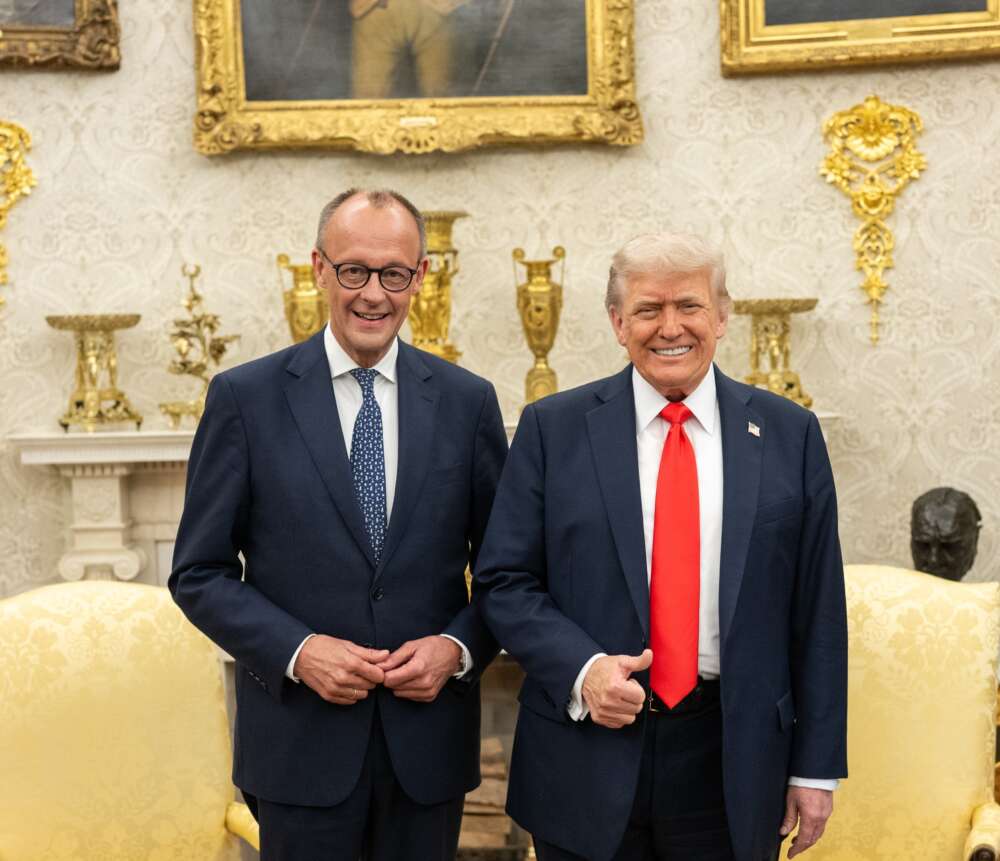From Just in Time to Just in Case
China is increasingly weaponizing Europe’s heavy reliance on its critical raw materials. Germany has begun to rethink its dependence on China, but a more determined strategy to reduce vulnerabilities and invest in national strengths is urgently needed.
Mediating Conflict in Sudan: Ask the Experts
What are the prospects for peace in Sudan — and how can political tools help? As part of our project Political Tools for Managing Crises in Africa (with the Institute for Security Studies, ISS), experts weigh in on international mediation efforts in a new written roundtable.
"No Ideological Luxury": Calling for an Evaluation of Germany's Feminist Foreign Policy
The new conservative government in Germany is unconvinced by the merits of FFP. But before we abandon it altogether and go back to “business as usual,” a critical stocktaking is in order.
A Humanitarian Reset Has Started: It’s Time to Act on What We Already Know
Evaluations show that, despite warranted criticism, the humanitarian system works. Decades of systematically collected evidence in the UN-led humanitarian system provide concrete suggestions for change. Now is the time to implement them.
Peace in Numbers: What Do Shifts in Funding Tell Us About EU Priorities?
Is the EU’s prioritization of infrastructure and investment under its Global Gateway strategy coming at the expense of funding for peace and security? The data shows, it likely is.
New Research: Urgent Prospects for Revitalising Multilateralism
In five new reports, ENSURED researchers from leading institutions around the world critically examine the robustness, effectiveness, and democracy of key institutions and frameworks of global governance. The reports span the most important transnational policy domains, where multilateral cooperation is vital, but under strain. These reports offer important insights into how the EU and its member states can better defend multilateralism and make global governance more fit-for-purpose in these dynamic times.
Peace in Numbers: What Do Shifts in Funding Tell Us About EU Priorities?
Is the EU’s prioritization of infrastructure and investment under its Global Gateway strategy coming at the expense of funding for peace and security? The data shows, it likely is.
Bundesaufnahmeprogramm Afghanistan: Wenn Schaden nicht klug macht
Die Bundesregierung wollte aus ihren Fehlern des Afghanistan-Einsatzes lernen. Bei der Aufnahme gefährdeter Afghanen droht das genaue Gegenteil.
Netanyahu’s Iran Campaign Is Also Trump’s War — And China and Russia Are Benefiting For Now
One month after Trump’s anti-neocon speech in Riyadh, Netanyahu has the US President where he never wanted to be: in the middle of a regime change project in Iran. And contrary to the claims of CRINK analysts, for Moscow and Beijing, the advantages of the Iran-Israel conflict appear, at least for now, to outweigh the costs.
Stick or Twist: Is Peace Enforcement Part of the UN’s Future?
Amid rapidly declining budgets and dwindling faith in multilateralism, the United Nations has to make some tough decisions about future peace operations. This briefing maps the contours of the debate and offers possible ways forward.
Seize the India–Germany Moment
Germany and India are well placed to work together on several global challenges. Joel Sandhu argues that the current geopolitical landscape dictates that Berlin and New Delhi should do so sooner rather than later.
Ein Balanceakt für den ersten post-transatlantischen Kanzler
Merz muss bei Trump selbstbewusst europäische Interessen vertreten und sich um ein konstruktives persönliches Verhältnis bemühen.


